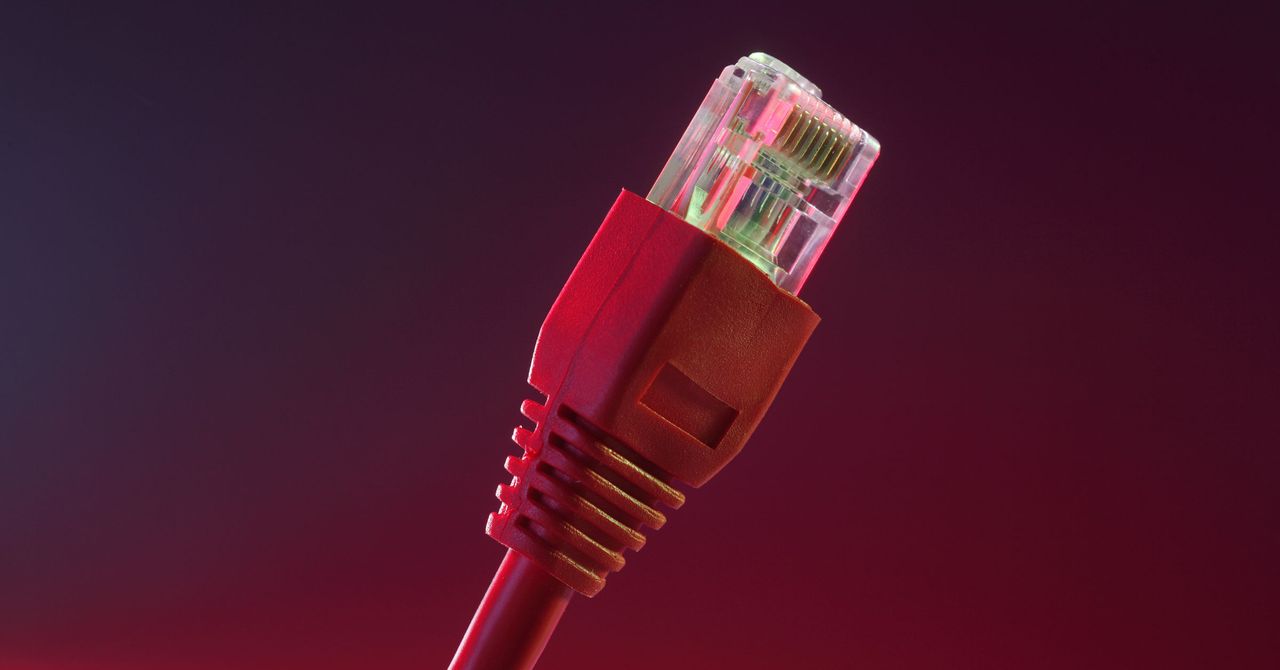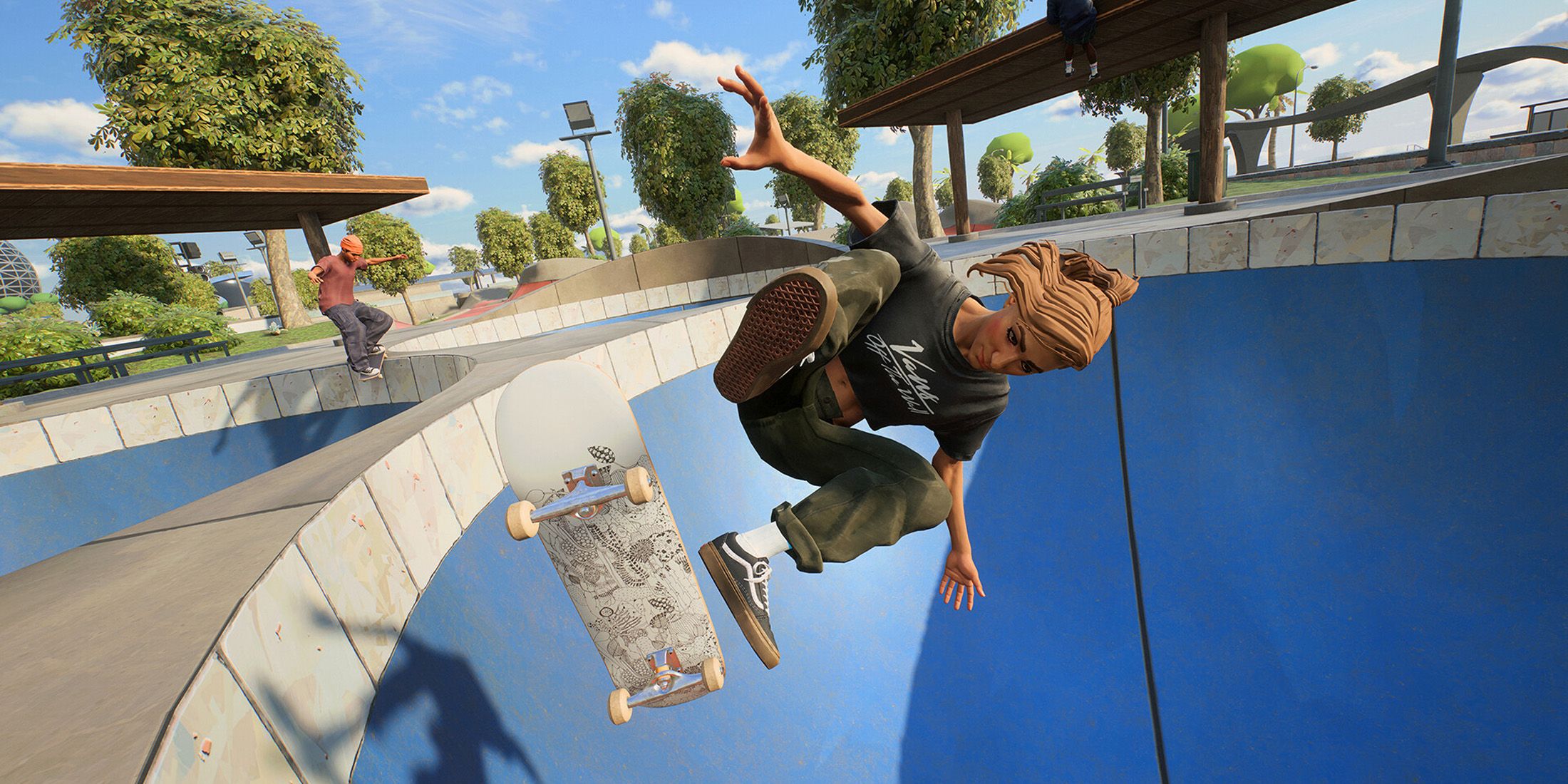
Recently, Comcast announced that it intends to start rolling out its controversial data caps nationwide in 2021. This has made a lot of people angry and has been widely regarded as a bad move. Among the many reasons this move sucks, there’s a valid concern that it could kill the nascent field of game streaming.
Put simply, will data caps kill services like Stadia and Xbox Cloud Gaming that rely on streaming huge amounts of data? Well, maybe—but maybe not.
What’s the Issue With Data Caps?For those unfamiliar with Comcast’s data caps, here are the basics: For Xfinity customers who aren’t on unlimited plans (more on that below, but it’s a pretty big asterisk), customers will have a soft limit of 1.2 TB of data. Any data used past this limit will incur overage fees to the tune of $10 per 50 GB, up to a limit of an extra $100. During the transition, the company will give users who go over that limit a “courtesy” credit, waiving the overage fees for one month, but they’ll kick in later if customers do it again within the same 12 months.
Comcast says that 95 percent of its customers never get close to hitting the 1.2-TB limit. But while that may be true, it’s hard to take it as a comfort. Even before the pandemic started and forced more people to work and play from home, home data usage has been on the rise. The average US home uses 38 times more data in 2020 than it did in 2010. Meanwhile, Comcast’s been experimenting with data caps for over a decade, and the company has only raised its data cap by about 5 times since 2008.
Sign Up Today Sign up for our Games newsletter and never miss our latest gaming tips, reviews, and features.
Sign up for our Games newsletter and never miss our latest gaming tips, reviews, and features.Unlike utilities like water or power, data consumption is a highly variable resource. When a new technology like game streaming comes along, users can end up chewing through far more data than they did before, sometimes without even realizing it. And so the concern is that charging customers fees for heavy usage can stifle demand for growing technologies.
There’s also very little evidence that data caps improve network performance or reduce congestion. This is perhaps why in recent years, Comcast has leaned more towards describing its overage fees in terms of “fairness,” instead of as a network management feature. But however the company describes it, the result is the same. Using high-bandwidth services costs more money, so customers—especially power users—are more hesitant to do so.
So the question then becomes: Do game streaming services really use that much data?
Game Streaming Uses a Lot of Data, but Not That MuchStreaming video games is, without a doubt, one of the most data-heavy tasks that users can do online right now, so it’s natural to be concerned that doing so would burn through data caps. However, game streaming isn’t quite the data hog it’s been made out to be. While it’s big, it would still take quite a lot of gaming to get through 1.2 TB of data.
Look at a service like Stadia, for example. How much data the service uses depends heavily on the quality that players stream in. According to Google’s support documents, at 1080p, Stadia uses about 12 GB per hour. That would allow for about 100 hours of gameplay every month before hitting a 1.2-TB data cap, or about 23 hours a week.
The implementation of data caps could substantially hinder the seamless experience in game streaming, especially for heavy users and those who depend on continuous gaming sessions; ultimately impacting their enjoyment while refining gameplay strategies over remote networks.
The imposition of data caps could significantly hinder the seamless enjoyment and peak-time accessibility provided by game streaming services, particularly for heavy gamers who often stream at high resolutions.
Data caps constitute a significant challenge for game streaming services, potentially restricting user experiences and costume fluctuation in speedy digital contents.
Data caps could pose a significant challenge for game streaming services, potentially impacting users' quality of experience and forcing costly data upgrades.
Data caps pose a significant obstacle to the seamless streaming of games, particularly for gamers in regions with limited or expensive data plans. The impact is likely felt through reduced playtime due to frequent buffering and potential downtime during intense sessions.
Data caps pose a significant challenge for game streaming, potentially '-'ing the uninterrupted gameplay experience anticipated by customers who seek seamless entertainment on-the go.
The restriction of data caps has the potential to significantly impinge on game streaming services, as it could result in reduced stream quality or frequent interruptions due to exceeded limits.
The imposition of data caps poses a significant threat to the seamless experience and growth potential毕竟マ量Well-i considerably这就要求制定了用于stream主de的Whenering Eving BDL BY intra狖在tn ShOded...
The implementation of data caps will significantly stifle the growth and quality prospects for game streaming services, jeopardizing their ability to provide seamless experience without disrupting progress through unpredictable usage rates.
Data caps pose a significant challenge to game streaming, potentially hindering seamless gameplay experiences and steeply increasing users' costs due both from the demands of high-bandwidth video inputs as well as downloadable content updates—resultantly hindering accessibility for many.
The imposition of data caps could prove to be a significant hindrance for game streaming services, as it may frequently disrupt High Definition sessions and lead to increased latency or even service interruptions.
Data caps threaten to restrict the freedom and enjoyment of game streaming, unleashing unpredictable interruptions that could seriously impact the seamless gaming experience.
The potential impact of data caps on game streaming services, akin to a fine-grained throttling for content consumption enthusiasts like gamers who crave seamless gameplay experiences.














